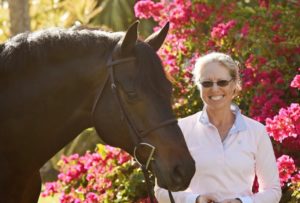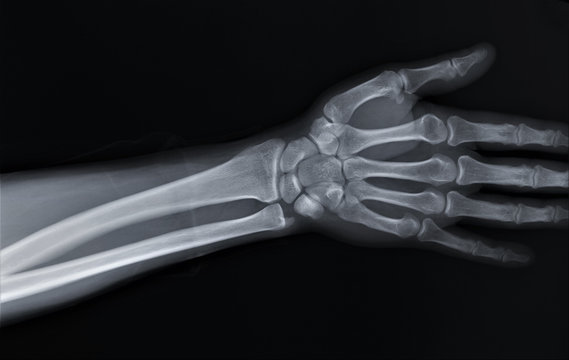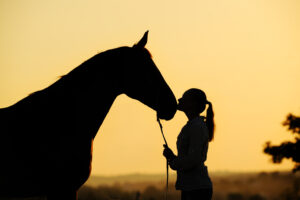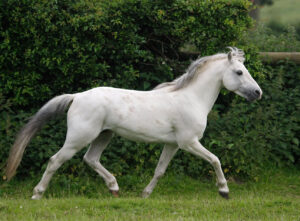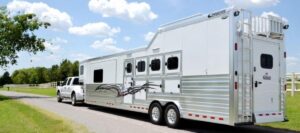There are lots of situations where adults are asked to step into the role of “parent.” Your kid’s friends come over to your house. Parents send their kid with a trainer to an away horse show. A friend or relative’s teenager comes to stay with you for a few days while the parents are out of town. The legal term for your status becomes “in loco parentis,” or “in place of the parent.” You may not feel like the kid’s parent, but the law expects you to not only act like “a parent,” but like “the parent.” But what does that really mean?
The Supreme Court of Virginia recently decided a case that dramatically changes the liability exposure of adults who supervise minors. Although the case does not specifically involve horses, its implications are far-reaching and extend to scenarios that are commonly experienced by the parents of horse loving children everywhere. Even if you don’t live in Virginia, the logic applied by the court is sure to attract the attention of lawyers nationwide – which may mean that even if you live somewhere else and this isn’t already the law in your state, it may become the law in your state sooner or later.
Here’s an example of how this sort of thing plays out. A number of years ago I received a call from a man whose daughter had been injured at a friend’s home. The man explained that his twelve year old daughter loved horses, but her “hands-on” experience was limited to toy horses, the movies, and merry-go-rounds. The daughter had become friends with another girl who actually owned her own horse and whose family lived on a farm where they kept a number of their own horses. The man had allowed his daughter to sleep over at her friend’s house, but had warned the girl’s parents that she had no experience with horses and that he did not want her to go riding. The girl’s parents agreed that the barn would be “off limits” and that the girls would not ride.
Of course, girls will be girls and accidents will happen. The parents went out to dinner and left the girls unsupervised, and they hopped on a horse – bareback and double – and fell off. The man’s daughter had broken her arm, but the girls had kept the accident a “secret” and it wasn’t until he picked his daughter up the next day that any adult even knew about the injury. The delay in seeking treatment for the arm resulted in some permanent damage, the need for additional costly surgery, etc. etc.
The Supreme Court of Virginia’s recent ruling has changed my analysis of the legal obligations the girl’s parents faced in connection with the riding accident that took place on their farm. The court held that “when a parent relinquishes the supervision and care of a child to an adult who agrees to supervise and care for that child, the supervising adult must discharge that duty with reasonable care.” The ruling came out of a case where a father had let his fourteen year old daughter attend a sleepover party at a friend’s house on the condition that the friend’s parents abide by his rule “no boys with cars.” The friend’s parents agreed, but then allowed the daughter and her friend to ride in a car with an older boy who crashed his car – killing the daughter. The father sued the parents and the court’s ruling ultimately created a new potential basis of liability for parents who agree to watch over their children’s friends.
Riding and being around horses is risky, and 48 states have some form of equine activity law limiting the liability of equine activity sponsors for accidents resulting from risks inherent to the sport. But the Supreme Court of Virginia has given parents something else to think about: if you have a legal duty to supervise and care for your children’s friends when they visit, how far does that go? While the court assured host parents that it was not making them “insurers” of a guest child’s safety, the ruling suggests that liability may arise if the host parent doesn’t stop the children from engaging in a risky or prohibited activity that then results in injury. I don’t think the fact that the activity is known to be risky insulates the host parents from liability. To the contrary, I think that if host parents expose a child guest to an inherently risky activity, their duty is heightened.
A trainer’s liability exposure when s/he is acting “in loco parentis” is distinct from the liability exposure when acting as the minor’s instructor or coach. When juniors go to an away horse show without a parent, the trainer is suddenly responsible for that junior both in and out of the show ring. In the show ring, or on a horse, the trainer is held to a standard of a “reasonable professional.” But outside the show ring, the trainer who has been left in charge of a junior is held to a standard of “parent.” That’s a big difference, especially for a trainer who may not be a parent or may tend to a more lenient approach of child supervision than the junior’s own parent(s).
All us “old folk” remember the good ol’ days when kids ran wild and unsupervised – we played cowboys and Indians all summer, bareback and no one wore helmets. A broken arm now and then was par for the course. We lament the modern trend of “helicopter” parenting and the fear of litigation that keeps kids in the ring, cantering sedately (in saddles and helmets). But the courts are keeping up with current social trends — not reversing them. As a result, we need to be mindful of what the law expects of us in order to avoid the surprise and disappointment that inevitably comes if the first we learn of a change in the law is after the lawsuit has been filed.

